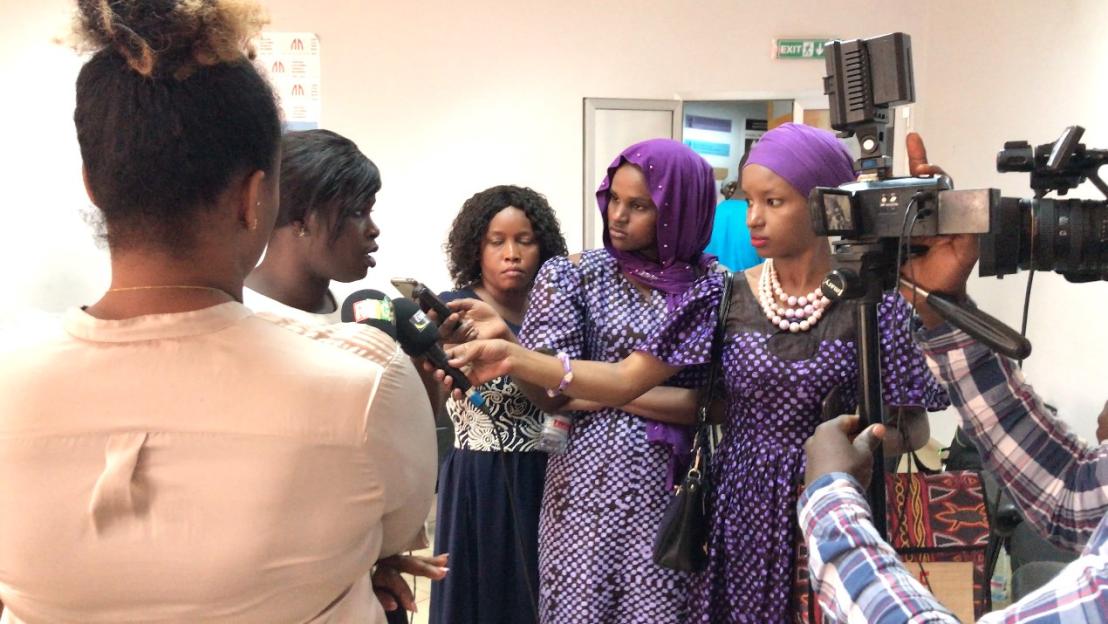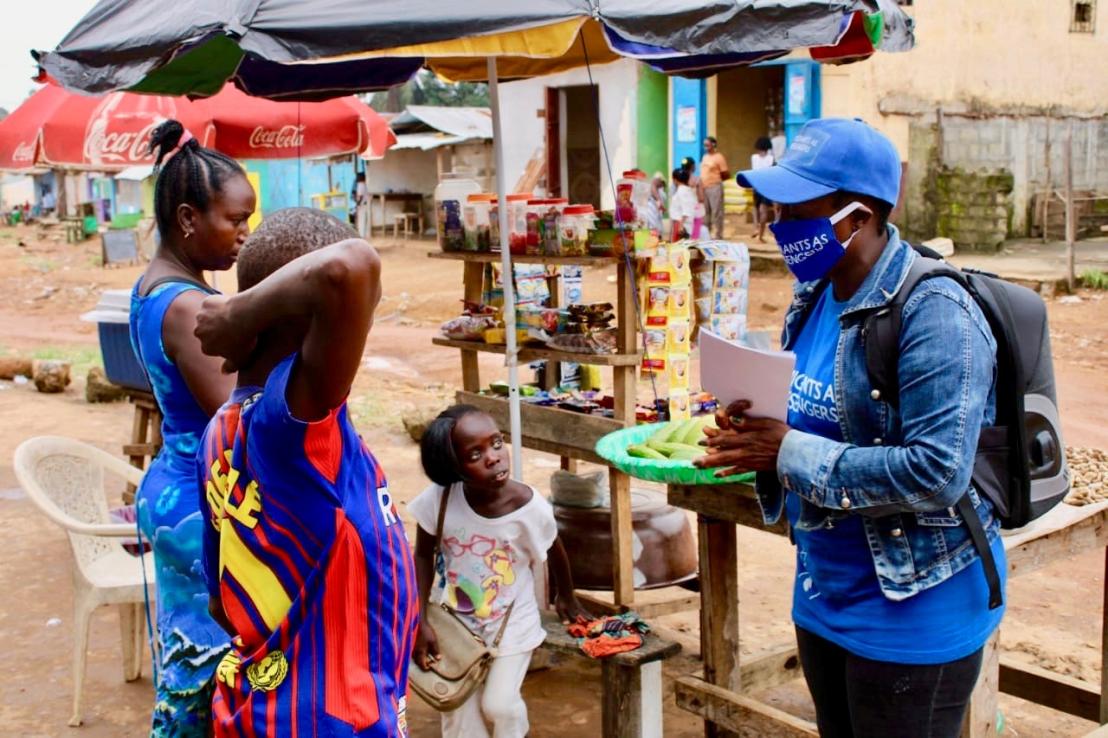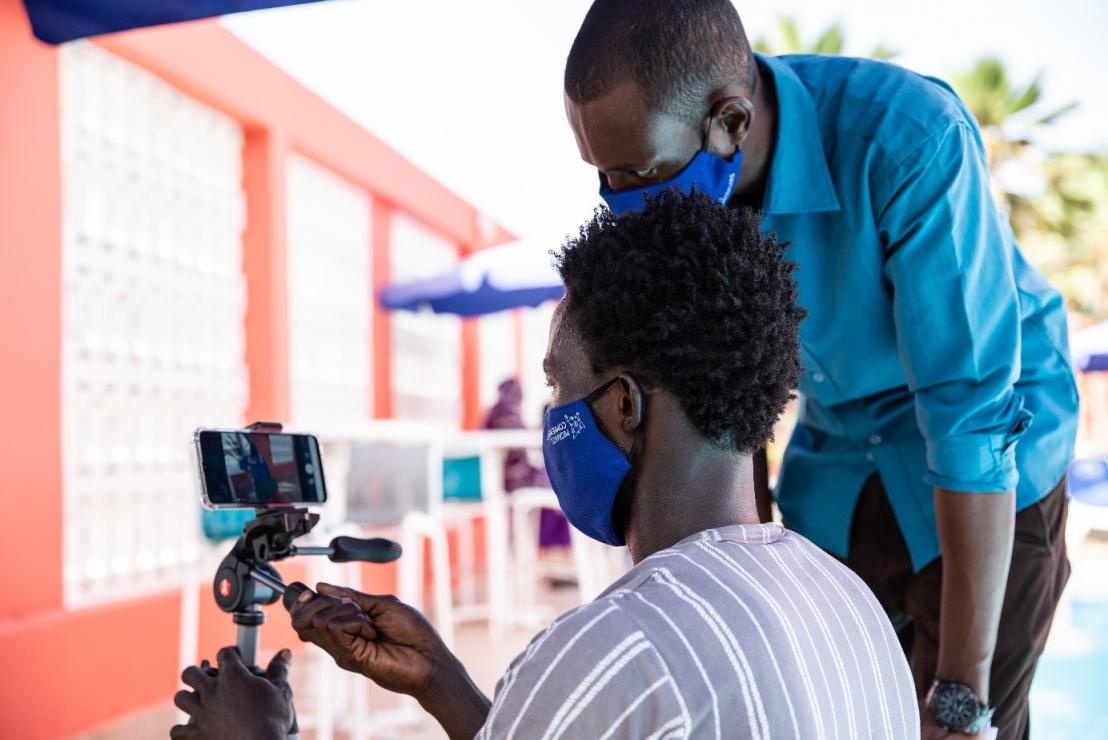The MaM project has left a lasting imprint of shared learning and experience in West Africa. Together, MaM Volunteers have produced over 1,000 videos, reached more than 400,000 people on the ground, and generated more than 4 million online engagements.
Importantly, long term sustainability has been a core principle of the MaM project. Across the seven countries, MaM Volunteers have organized themselves into 17 independent returnee-migrant led associations that will continue to work on awareness-raising and supporting migrants in their communities.
“MaM in The Gambia has supported the migrants’ network to be formally registered as associations,” reflects Miko Alazas who worked on the MaM project for IOM in The Gambia. “In the final months of the project, we planned a series of initiatives aimed at building their capacities in organizational management, such as leadership, fundraising and information technology. This equips the Volunteers to “spread their wings” once the project ends. I would like to see the network continue to meet and engage young people with their advocacy.”
In years to come, the MaM legacy will continue as volunteer-led associations take the torch to raise awareness about migration and support returnee migrants in their communities.
Emily Cholette has been the Project Manager of Migrants as Messengers since 2020. Stay tuned on migrantsasmessengers.org as results from an MHPSS pilot study and an impact evaluation study is expected to be released in late 2022/early 2023.




